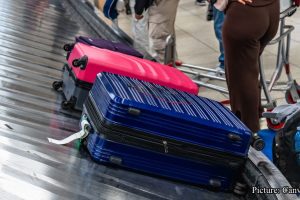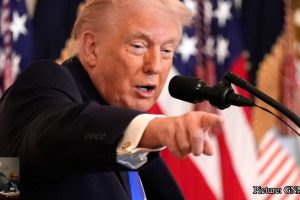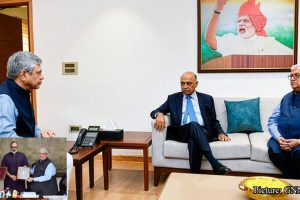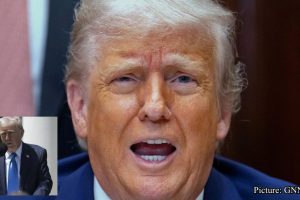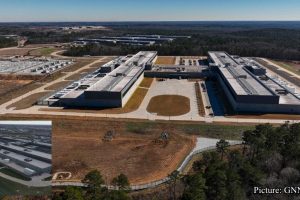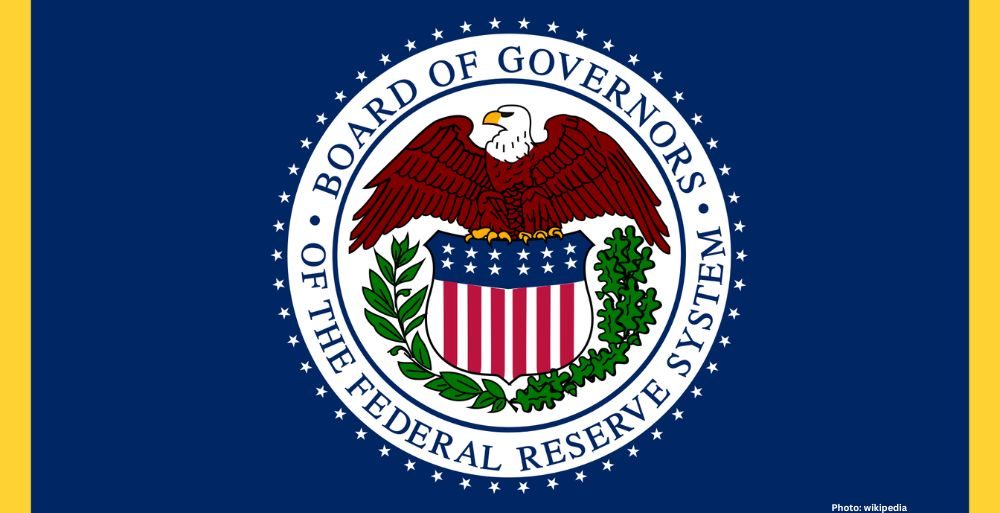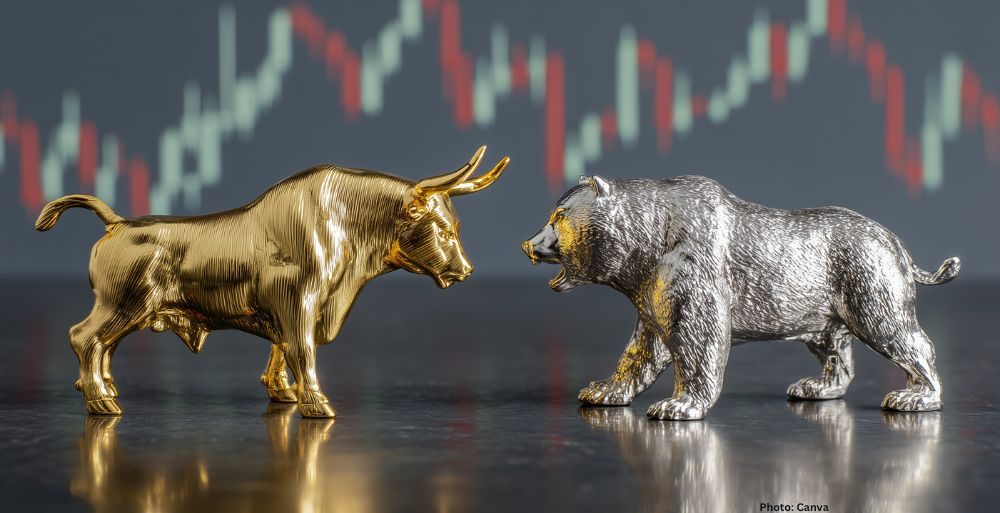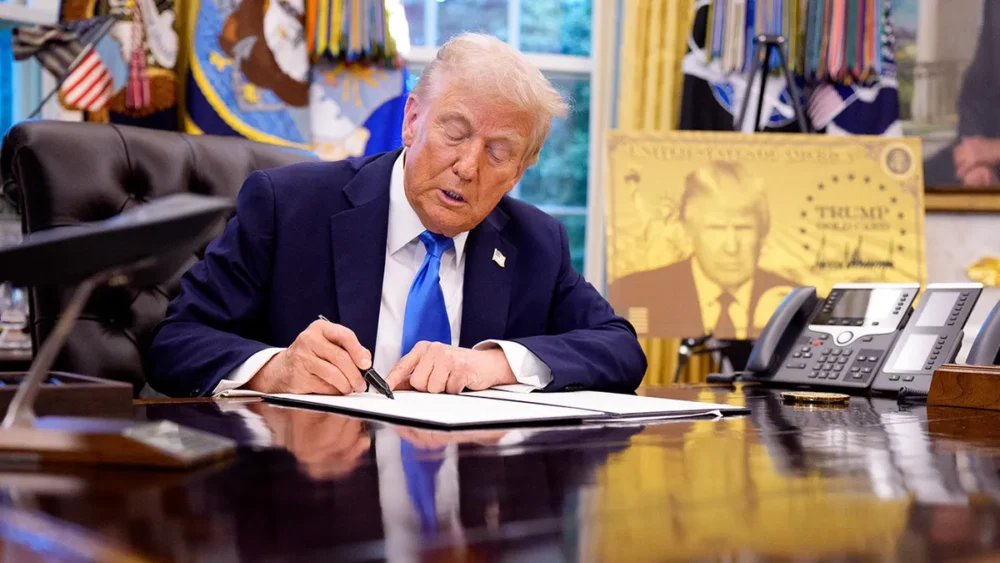Elon Musk believes that within the next two decades, artificial intelligence and robotics will reshape society so dramatically that having a job will no longer be a necessity. Speaking at the U.S.–Saudi Investment Forum in Washington, D.C., the Tesla CEO said he envisions a world where work is a choice rather than an obligation — similar to choosing to grow your own vegetables even though you can simply buy them at a store.
“Work will be optional,” Musk said. “It’ll feel more like playing a sport or a video game — something you do because you enjoy it.”
According to Musk, this shift will be driven by a massive wave of automation, powered by millions of advanced robots that will supercharge global productivity. Musk is pushing Tesla far beyond electric vehicles, betting heavily on AI and humanoid robots. He has claimed that eventually 80% of Tesla’s value will come from its Optimus robotics division, despite ongoing production setbacks.
A Future Some Call Inspiring — and Others Fear
Not everyone shares Musk’s optimism. Early signs of AI-driven job displacement, stagnant wages, and declining entry-level opportunities have led many to worry that automation will create more hardship than abundance, especially for younger generations.
Still, Musk insists that in a fully automated world, money becomes irrelevant. Drawing inspiration from Iain M. Banks’ Culture novels, he described a post-scarcity society where superintelligent AI handles all productive labor.
“In those books, money doesn’t exist,” Musk noted. “If AI and robotics keep advancing, I think money will eventually stop mattering.”
He has previously floated the idea of a “universal high income” — not to be confused with universal basic income — as a way to support people in a world where traditional jobs are unnecessary. This mirrors the philosophy of OpenAI CEO Sam Altman, who has long advocated for UBI as a response to the coming AI revolution.
Can Musk’s Vision Really Happen?
Economists say the concept is possible — but Musk’s timeline is overly ambitious.
One major obstacle is cost. AI systems are becoming more affordable, but robotics remains extremely expensive to manufacture, scale, and maintain.
“We’ve been building machines since the Industrial Revolution,” said Ioana Marinescu, an economist at the University of Pennsylvania. “Progress slows as you push the boundaries of technology.”
While large language models are rapidly transforming white-collar work, physical robots lag far behind in flexibility and specialization. Adoption is also slower than expected; despite hype around ChatGPT, a Yale report found no major labor-market disruption since late 2022.
And even if full automation arrives, economists argue that political, social, and emotional questions remain unanswered.
What Happens When Millions No Longer Need Jobs?
Samuel Solomon, a labor economist at Temple University, warned that social structures must adapt just as quickly as the technology itself.
“AI is already creating immense wealth,” he said. “But will it be shared? Will it create widespread prosperity? That depends on political choices, not just technological ones.”
So far, the AI boom has widened inequality. Wealth has surged for top tech CEOs — including Musk’s own trillion-dollar compensation package — while most companies outside the “Magnificent Seven” have seen declining earnings expectations.
The Question of Human Meaning
Beyond economics, a deeper issue looms: If AI becomes superior to humans at nearly everything, what will give life meaning?
Anton Korinek of the University of Virginia points to decades of research showing that human connection, much of it formed through work, is a core driver of happiness.
“If labor becomes unnecessary, we’ll need new ways to build relationships and define purpose,” he said.
Musk himself has wondered aloud about humanity’s role in such a future.
“If computers and robots can do everything better, what meaning does your life have?” he asked. “Maybe humanity will give AI meaning.”

